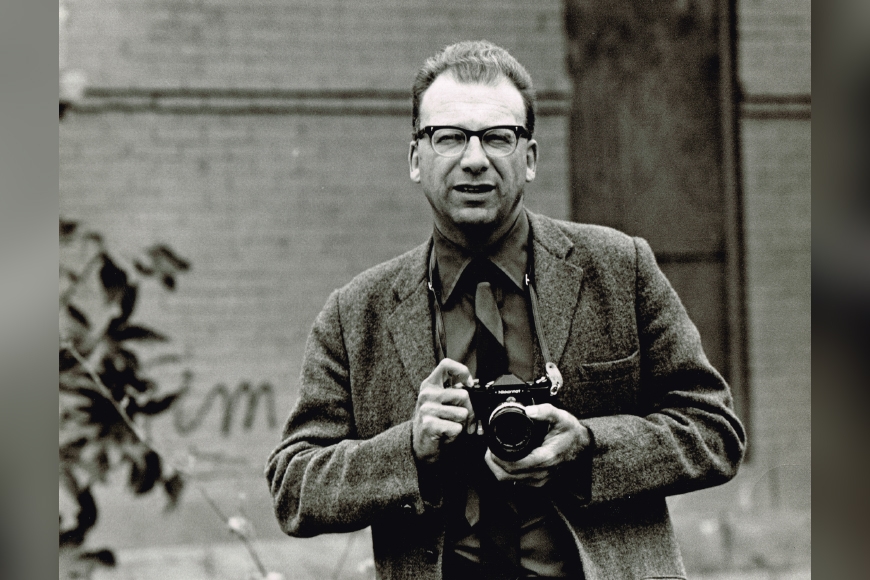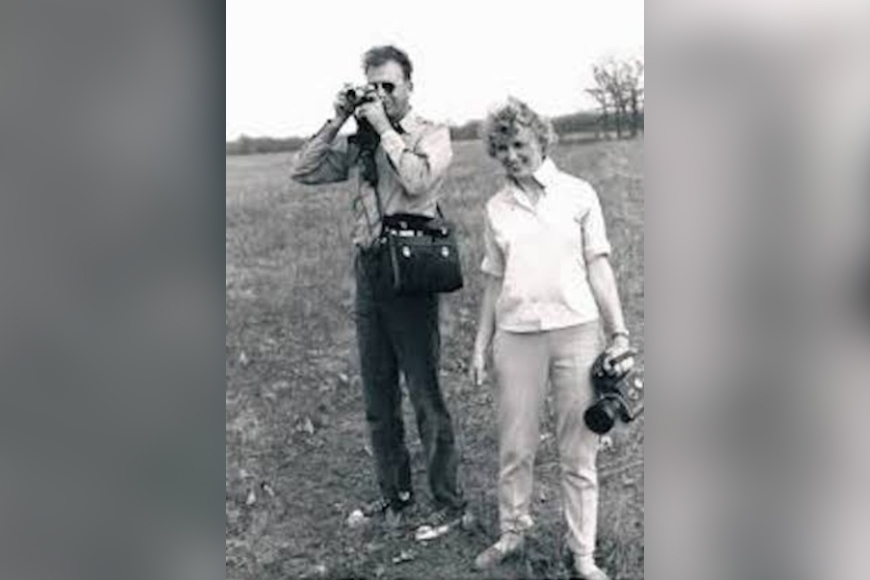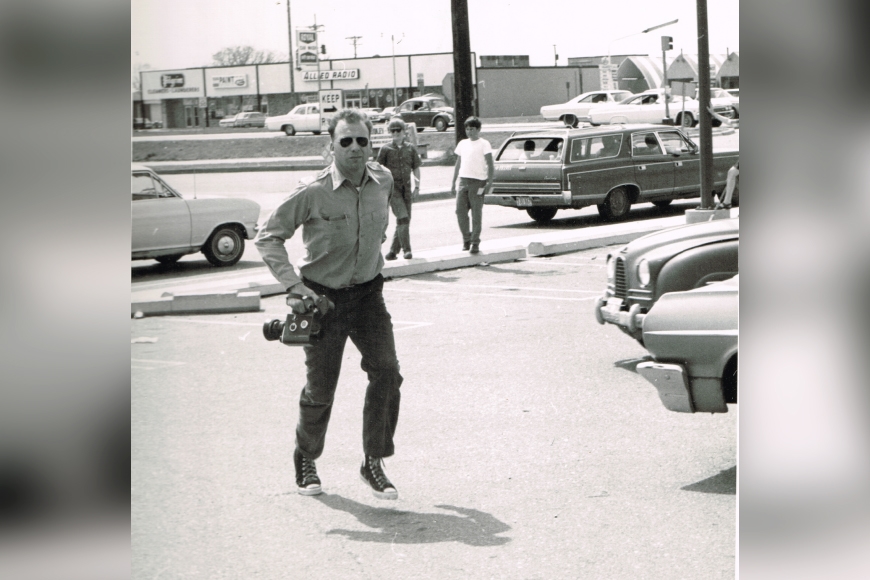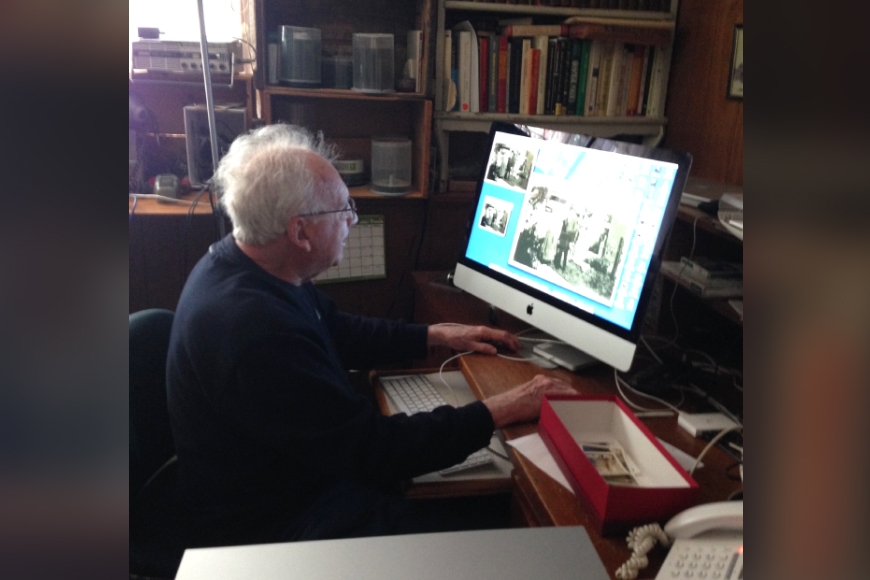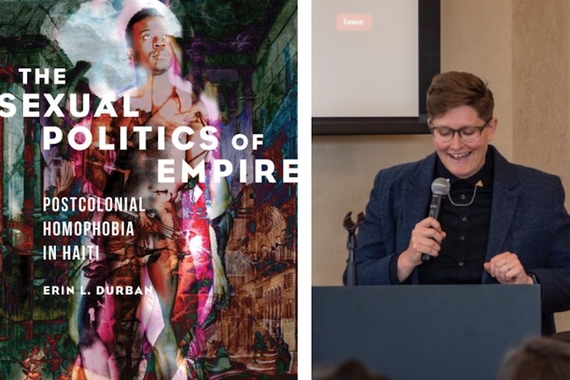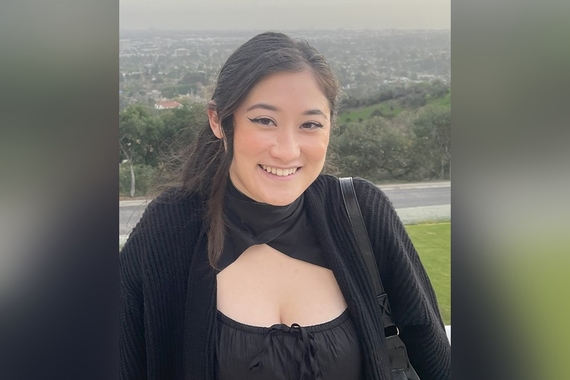Remembering Luther P. Gerlach (1930-2024)
Luther Paul Gerlach was born in Reading, Pennsylvania. He received a bachelor of arts degree from the University of Minnesota in 1952. He then served in the US Army in the Far East for two years (1952-54) and as a government researcher in Germany before earning a PhD in cultural anthropology in 1961 from the University of London, with certificates in African and Islamic law and Swahili from the School of African and Oriental Studies (SOAS). With the support of a Fulbright Fellowship, he did fieldwork on the economy and society of the Digo and Duruma peoples in Kenya, Tanzania, and Uganda.
In 1961, Gerlach was hired as an assistant professor of anthropology and sociology at Lafayette College in Easton, Pennsylvania. Two years later, he joined the anthropology department at his alma mater and remained at the University of Minnesota for the rest of his career (1963-2000), excepting leaves spent at the California Institute of Technology (1971-72) and at the Aspen Institute for Humanistic Studies (1972-73).
Gerlach taught the entry-level, introductory course in cultural anthropology and the upper-division ecological anthropology for many years. He did so with verve, energy, and an openness to incorporating new audio-visual technologies into his pedagogy. His teaching assistants recall skipping around large lecture halls, holding microphones, to enable students to pose questions or make comments. He later moved versions of those courses to what was called distance learning many years before that teaching modality became commonplace.
Gerlach developed strong interests in environmental anthropology and American social movements during his years at Minnesota, with particular reference to civil rights and conservation organizations.
He directed the graduate program in human ecology, which he founded and coordinated, and he served as an instructor in Peace Corps training programs on campus. He also served as a consultant and lecturer to the Minneapolis Police Force and the Minnesota Corrections Associations in an effort to foster positive responses to local protest movements and to inspire change-oriented initiatives.
Gerlach was beloved by his graduate students and, one of them, Lisa Brandt, edited a festschrift in his honor in 2007: Cultural analysis and the navigation of complexity.
He authored two books (with Virginia H. Hine): People, Power, Change: Movements of Social Transformation (1970) and Lifeway Leap: The Dynamics of Change in America (1973). The latter volume was later adapted into a television series. Gerlach also produced several films “People, Power, Change: A Study of Movements of Revolutionary Change” (1968), “People Eco Action” (1970), “Jamaica: Why Don’t You Stop and Say Hello?” (1973), and “Grassroots-Energy” with Ursula Gerlach and Paul Eide (1978), that focused on resistance by farmers and townsfolk to state authorities who allow the construction of a high voltage electrical line from North Dakota to a Minneapolis suburb.
He is survived by his wife Ursula Gerlach and three children: Luther Douglas Gerlach, Suzanne Gerlach-Downie, and Andrew Gerlach.
References Cited
Brandt, Lisa Kaye (ed.) 2007. Cultural Analysis and the Navigation of Complexity. Lanham MD: University Press of America.
Gerlach, Luther P., and Virginia H. Hine. 1970. People, Power, Change: Movements of Social Transformation. Indianapolis: Bobbs-Merrill.
Gerlach, Luther P., and Virginia H. Hine. 1973. Lifeway Leap: The Dynamics of Change in America. Minneapolis: University of Minnesota Press.
